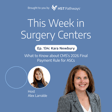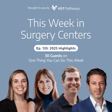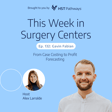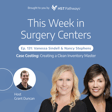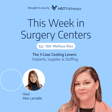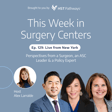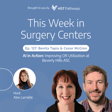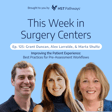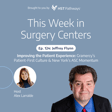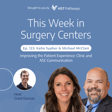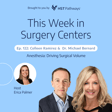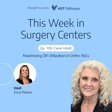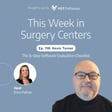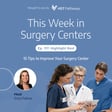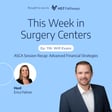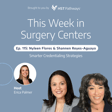
Dr. Justo – Optimizing the Physician Experience: Learning New Procedures
Today kicks off a new, three-part series on the podcast about Optimizing the Physician Experience. We spend most of our time talking about the patient experience and patient satisfaction, and rightly so, but keeping your docs happy is incredibly important, too. So, for our first discussion, I am joined by Dr. Emilio Justo. Dr. Justo is currently the Medical Director at the Arizona Eye Institute & Cosmetic Laser Center and a well-known speaker and teacher. As a physician, Dr. Justo shares some great insights into what physicians are looking for. Then, we spent most of our time talking about the benefits of encouraging your doctors to learn new procedures and how you can create an environment that promotes continuous learning and skill development.
After talking with Dr. Justo, we’ll wrap up the episode with the second installment of our brand-new AI segment. Like last week, I’ll walk you through a few safe and free ways to start using AI at your surgery center today, focusing on how you can use AI to improve your website and social media presence.
Check out Dr. Justo’s latest book, The Power of Pause: https://www.amazon.com/dp/B0D4JH7VPL
Brought to you by HST Pathways.
